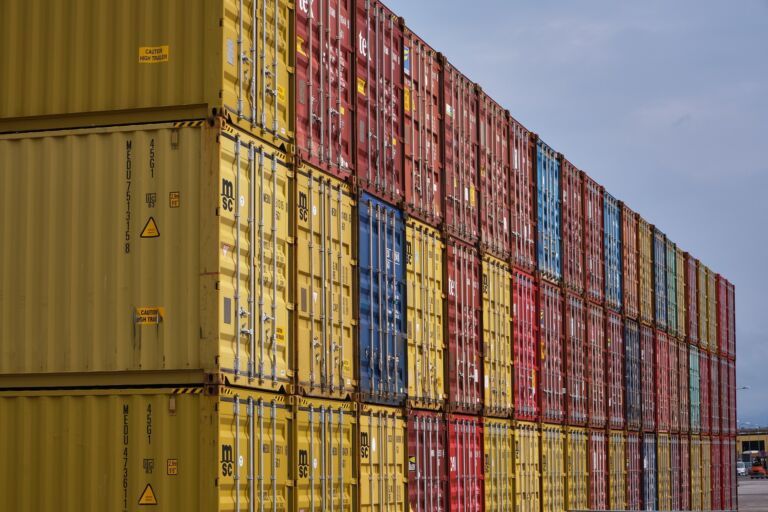Dominic Pino of National Review Online examines an ongoing debate about the benefits of free trade.
Law & Liberty has been hosting a forum on trade. The first entry was by Oren Cass of American Compass, in which he writes about what he calls the “origin myth” of free trade. In his telling, free trade wasn’t something economists really agreed on until after World War II, when they became doctrinaire free-traders. He portrays English and then American supporters of free trade as making arguments motivated by the fact that free trade benefited first England and then America, and that the conditions under which those benefits accrued are no longer extant.
Phillip Magness of the Independent Institute rebutted Cass’s historical arguments in his entry. He notes that Cass’s economic history is reminiscent of the left-wing field of “neoliberalism studies,” where support for free trade is portrayed as part of a nefarious political project, not as an application of economic reasoning. He recounts how Cass misreads sources that he quotes. He also corrects misimpressions about the supposed arch-protectionism of 19th-century America and writes about the negative economic and political effects of tariffs throughout American history.
Magness’s treatment of the history is thorough and worth your time. I’d just like to add one other way in which Cass’s narrative doesn’t add up.
In Cass’s telling, economists became doctrinaire free-traders, as a class, after World War II. That isn’t correct. Many economists argued in favor of import substitution in developing countries. Developing countries implemented various forms of import substitution, the replacement of imports with domestically produced goods, and failed to develop. It was the manifest failure of this policy that induced many economists to change their minds and argue for different trade policies instead.
As trade economist Douglas Irwin wrote in a 2020 paper, “The idea of import substitution emerged shortly after World War II, when many economists believed that the prospects of developing countries achieving economic growth through trade were slim.”


